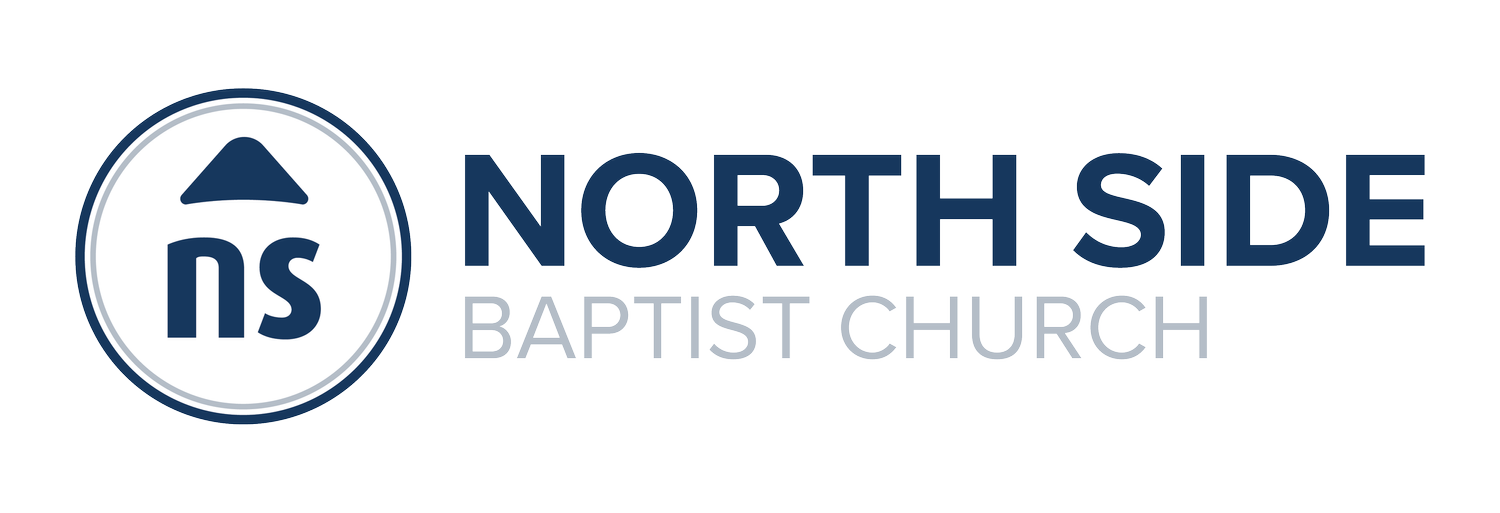GROUP GUIDE: Galatians 3:1-9
Galatians 3:1-9 rebukes the Galatians for abandoning salvation by grace through faith in Jesus crucified, returning to legalism. Paul argues that they received the Holy Spirit by believing, not by works of the law, and uses the example of Abraham to demonstrate that true justification has always been by faith. He does this through six rhetorical questions.
This week we looked at three things from this passage:
Don't be foolish
Paul begins this letter by saying that the Galatians are “foolish.” Now, it is important to note that when he speaks of “foolish,” he is not referring to them not knowing or not thinking, but rather to someone who can think and knows but is not using their power of perception. The principles Paul was referring to are things the Galatians knew. The knowledge and understanding were there, but they were not using them. In a way, they were ignoring the gospel. It seemed as if someone had cast a spell on them. They were believing a false gospel. This false gospel consists of believing in Jesus plus something else. Paul reminds them of the gospel and tells them that they have seen Christ crucified. He reminds them that it is through the gospel that they have received the Holy Spirit. Paul reminds them that it is through the work of Christ Jesus that their lives have been transformed and now the Holy Spirit dwells in them.
May God help us to remember the gospel, to value the gospel, and to recognize that the Holy Spirit now dwells in us.
Where are you looking?
Paul continues the passage, telling them that it is God who worked in their salvation through the Spirit. It is the Holy Spirit who comes to us in our salvation, and it is the Holy Spirit who helps us in our maturity. We need to depend on God; we need to seek God. The gospel, the good news, is not only important at the beginning of our faith but throughout our entire Christian life. It is a life of faith in the gospel.
Let us fix our eyes on Christ. Let us depend on the Lord and not on our own efforts. Let us look to Christ.
What Do You Believe?
The last verses we looked at in this passage are the example of Abraham and how Abraham believed in God. Abraham placed his faith in God and trusted in the promise of a Savior. He not only believed in God, but he believed God, and it was credited to him as righteousness. The true children of Abraham are those who live by faith, not by the law. God works through faith.
Who are you putting your trust in? In Christ or in something else? Let us not make the same mistake as the church of Galatia. Let us remain in the doctrine of salvation by faith and not by works of the law. For the beauty of the true gospel is that it is a gospel of complete grace. The beauty of the true gospel is that it is a gospel of faith, by the grace of Christ Jesus.
Discussion
Questions
How can we, like the Galatians, experience the Holy Spirit through faith, yet try to perfect our Christian life through self-effort?
What does it mean to have Christ "publicly portrayed as crucified" (v. 1) in our lives today, and how should that center our faith?
Why does Paul draw upon the story of Abraham to defend the gospel of grace? How does Abraham's faith in Genesis 15:6 counteract the false teaching that Gentiles must follow the Mosaic law?
How does this passage challenge the human tendency to want to "earn" approval, both from God and from others?
7 Arrows
What does this passage say?
What did this passage mean to its original audience?
What does this passage tell us about God?
What does this passage tell us about man?
How does this passage change how I relate to people?
What does this passage demand of me?
How does this passage change the way I pray?



